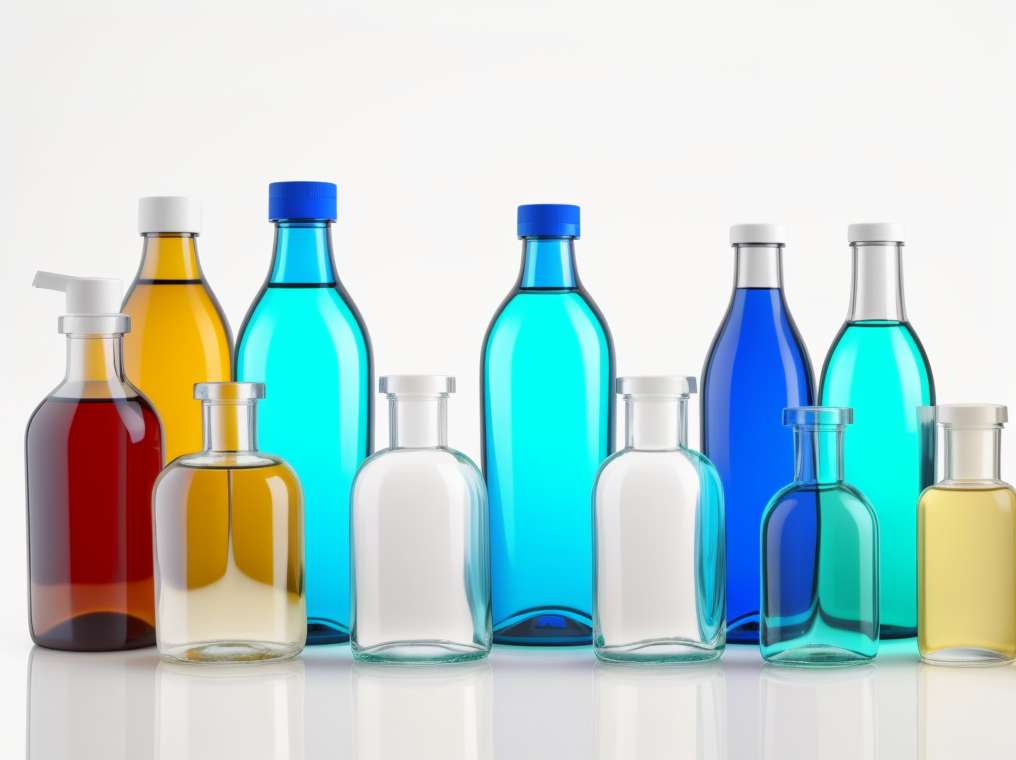Calendula
April 2024

The so-called ligth or diet drinks, compared to the regular ones, contain artificial sweeteners with a lower calorie content, however, this does not mean that they are recommended for frequent consumption or in greater quantity, because in fact they do contribute a good amount of calories to a balanced diet.
Despite a lower consumption of calories and sugars, a higher consumption of half a liter of light beverages is not recommended, because in reality there may be side effects or conditions associated with such intake, according to a study published in the International Journal of Obesity .
1. Greater consumption . According to researchers from the University of Leeds , even consuming dietetic products runs the risk of gaining weight, because of the false conception of being able to drink as much as desired, without limiting its quantity or frequency.
2. Addiction . Researchers from that same University explain that light drinks produce an imbalance that the brain detects. When consuming a sweet product without calories, the nervous system triggers the need to ingest them, and usually externalizes it with demonstrations of anxiety, generally satisfied with food.
3. They damage the teeth. A study of School of Dentistry at Temple University, Philadelphia , determines that without an adequate dental hygiene , citric and phosphoric acid can cause caries and periodontal disease severe, due to erosion that causes the teeth.
4. Urinary infections . Some light drinks contain aspartame, a compound prepared from Aspartic acid and Femilamine, which has been associated with damage to brain cells and brain tumors, in addition to raising the acidity of the urine, which makes us more susceptible to Urinary infections .
5. Diabetes. A study of National Institute of Health and Medical Research of France reveals that consuming in large quantity "light" drinks multiply by 2.3 the risk of diabete s.
6. Obesity . Researchers of the University of Texas Health Center They reveal the relationship between obesity and light beverages, such as diet soda: the risk increases 26.5% for people who drink half a can per day, and 24% for those who consume a daily can. Meanwhile, for those who drink more than one or two cans, the risk is 54.5%
Therefore, although the replacement of regular beverages by light is recommended, most expert nutritionists recommend having equal or greater moderation with their consumption, to prevent worse consequences.